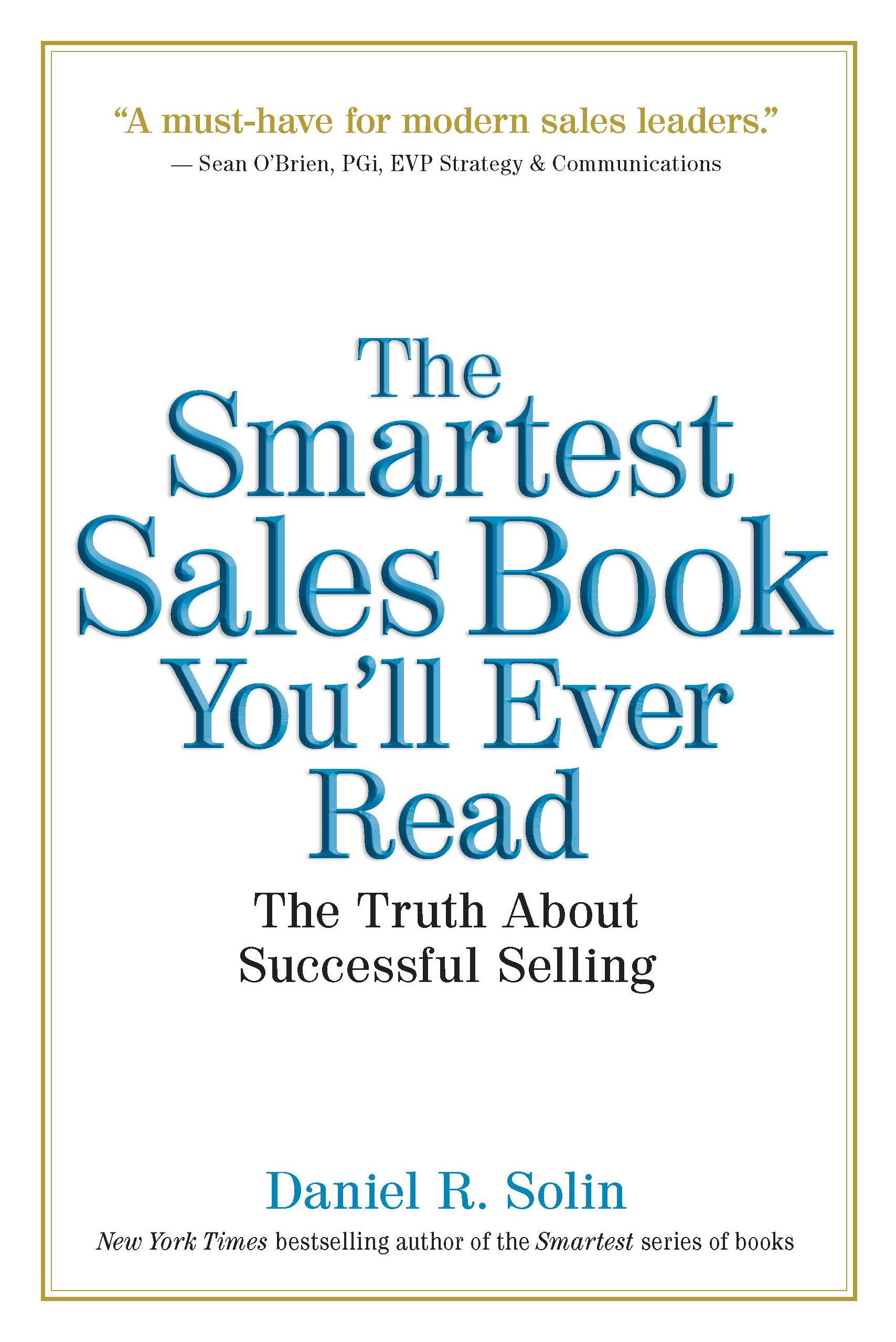What if you could create a forum for discussing the best way to invest in a responsible and intelligent manner? Who would you invite to participate in this debate? Here are my suggestions:
There would be no shortage of candidates to advocate stock picking, market timing and fund manager selection. Jim Cramer, for example, could tell you how he picks stocks featured on his "Mad Money" show.
Komal Sri-Kumar could discuss his views on market timing. He is the president of Santa Monica, Calif.-based Sri-Kumar Global Strategies Inc., a macroeconomic consulting firm that advises multinational firms and sovereign wealth funds on global risk. Mr. Sri-Kumar, commenting on the direction of the Dow Jones Industrial Average (DJIA), recently stated: "We are probably going to see a 2,000 or 3,000 point drop before we see [the] Dow [at] 20,000 years from now."
And almost any broker would be just thrilled to discuss how to pick mutual funds that are likely to beat their benchmark.
Who would be on the other side of this debate? These panelists would advocate an investment strategy premised on capturing the returns of the global marketplace, using low management fee index funds, in a suitable asset allocation. Asset allocation is essentially the division of your portfolio between stocks and bonds. Here are some excellent candidates:
Warren Buffett: He is a long-standing advocate of investing in index funds.
Charles Schwab: The majority of his personal assets are invested in index funds.
Peter Lynch: The former, and legendary, manager of the Fidelity Magellan Fund believes investors would be better off in index funds.
Any of a number of Nobel laureates in economics, including Eugene Fama, Merton Miller, Daniel Kahneman, Harry Markowitz and William Sharpe.
It wouldn't be much of a debate. The proponents of evidence-based investing, using index funds, have all the cards. They have overwhelming credentials. The Nobel laureates proposed for this panel have published their research in peer-reviewed journals, winning them the highest award that can be given to those in their field.
Cramer and his fellow participants would be left to bluff, bluster and descend into showmanship. Their strategy would be much like this advice given to trial lawyers: "If you have the law, hammer the law. If you have the facts, hammer the facts. If you have neither the law nor the facts, hammer the table." They would be pounding the table.
Why, then, do so many persist in investing in a manner that so-called "pundits" advocate, while ignoring the advice of our far more distinguished hypothetical panelists? There is a hidden force at work that prevents many investors from changing the way they invest. No amount of data or logic is likely to persuade them otherwise.
It's called the "rule of consistency." It means that once you make up your mind about something, it's very difficult to get you to change it. You are almost automatically programmed to stick with the way you've been doing things, regardless of evidence presented to you indicating that your way no longer makes sense.
The rule of consistency explains why those who favor a political candidate are unlikely to change their mind, even when presented with facts that objectively should lead them to reevaluate their choice. Or why Apple users are so loyal to the brand and unwilling to consider newer Android devices that might have superior features.
Psychologists have a fancy name they've given to this way of thinking. They call it "decision heuristics." Heuristics allow you to make a decision quickly and easily. You avoid the burden of thinking though the process and "reinvent the wheel."
The problem with using heuristics is obvious. By reflexively defaulting to your past behavior, you may be ignoring information that would lead you to behave differently in the future.
The opposite of using decisional heuristics is "systematic reasoning." When you engage in systematic reasoning, you don't use easy shortcuts. Instead, you engage in a slow, analytic and deliberate process intended to help you make the correct decision, based on all available data.
Heuristics play a significant role in how you invest. It's much easier to assume Cramer and other "market pros" have some special insight into the markets than to review the data indicating how difficult it is to "beat the market."
The hidden psychological factor of heuristics may be impeding your ability to logically and objectively evaluate critical information on investing. Maybe understanding the power of this force will help you overcome your reluctance to fundamentally change the way you invest.
 Dan Solin is the director of investor advocacy for the BAM ALLIANCE and a wealth advisor with Buckingham. He is a New York Times best-selling author of the Smartest series of books. His latest book is The Smartest Sales Book You'll Ever Read.
Dan Solin is the director of investor advocacy for the BAM ALLIANCE and a wealth advisor with Buckingham. He is a New York Times best-selling author of the Smartest series of books. His latest book is The Smartest Sales Book You'll Ever Read.
The views of the author are his alone and may not represent the views of his affiliated firms. Any data, information and content on this blog is for information purposes only and should not be construed as an offer of advisory services.

